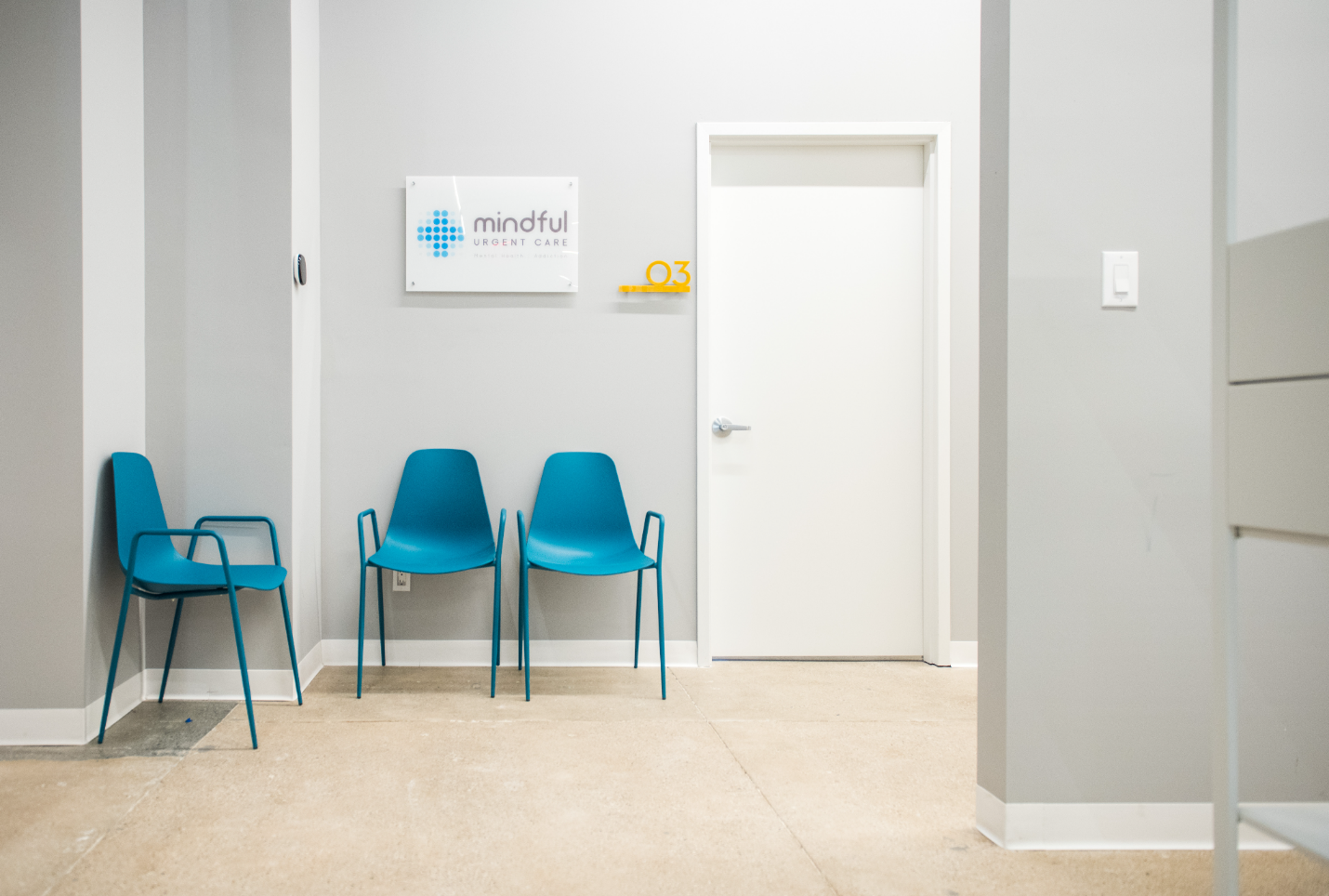NVC, Booth Alum Startup Mindful Care Closes $2.7M Series A with Investment from UChicago

1 in 5 US adults experiences mental illness each year, according to the National Alliance on Mental Illness. (Image credit: Mindful Care)
Bringing the urgent care model to the mental health industry, Mindful Care (formerly Mindful Urgent Care) has closed a $2.7 million oversubscribed Series A funding round – including an investment from the University of Chicago.
The round was led by Sopris Capital with participation by UChicago, the Caruso Foundation, Venkon Group, and others. The funds will be used to help Mindful Care open new urgent mental healthcare locations and expand its online solutions.
Founded by Chicago Booth alum Tamir Aldad, MD, MBA ’17, the company in 2018 placed first in the Polsky Center for Entrepreneurship and Innovation’s Global New Venture Challenge and second in the Edward L. Kaplan, ’71, New Venture Challenge.
In 2020, Mindful Care closed a $1.5 million friends and family round and today has eight locations in the Greater NYC area, two in New Jersey, and two in Chicago.
“Mental Health can be an invisible illness and when someone who is really struggling is told they will need to wait several weeks to see a specialist it can feel like a lifetime,” said Aldad. “We wanted to create a solution that meant mental health and psychiatry patients of all economic backgrounds could receive urgent care. This additional funding will enable us to quickly expand our offerings to more patients across America as we work to change the face of mental healthcare.”
According to the National Alliance on Mental Health:
- 1 in 5 U.S. adults experience mental illness each year
- 1 in 20 U.S. adults experience serious mental illness each year
- 1 in 6 U.S. youth aged 6-17 experience a mental health disorder each year
- 50% of all lifetime mental illness begins by age 14, and 75% by age 24
- Suicide is the 2nd leading cause of death among people aged 10-34
Aldad founded the company to bring the urgent care model to mental health by offering same-day access to psychiatric care, including medication to stabilize symptoms in addition to group and individual therapy, as patients often have to wait 6-8 weeks to see an in-network mental healthcare provider during which time their symptoms can worsen. People struggling end up in emergency rooms, self-medicating with drugs or alcohol, or resorting to self-harm.
The company currently works with nearly all insurance providers to ensure its services are available to patients and offers affordable self-pay rates. To date, it has helped more than 20,000 patients receive urgent mental health treatment.